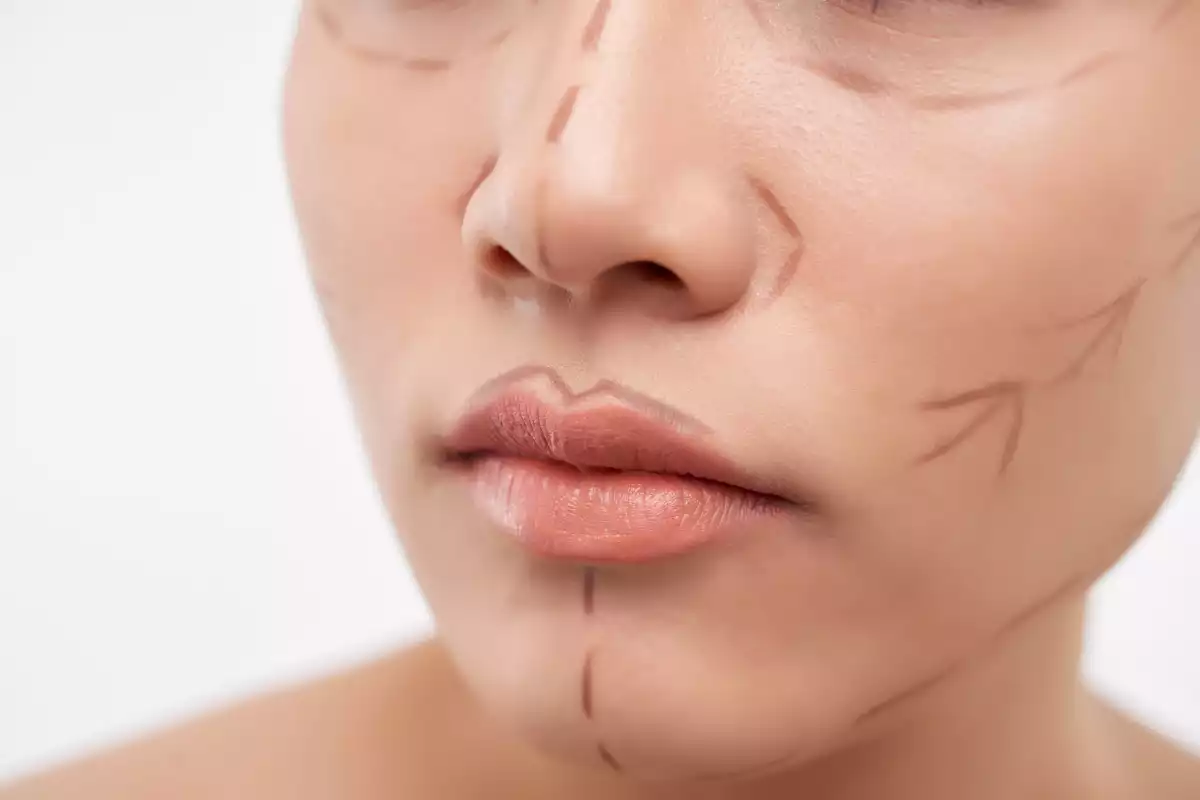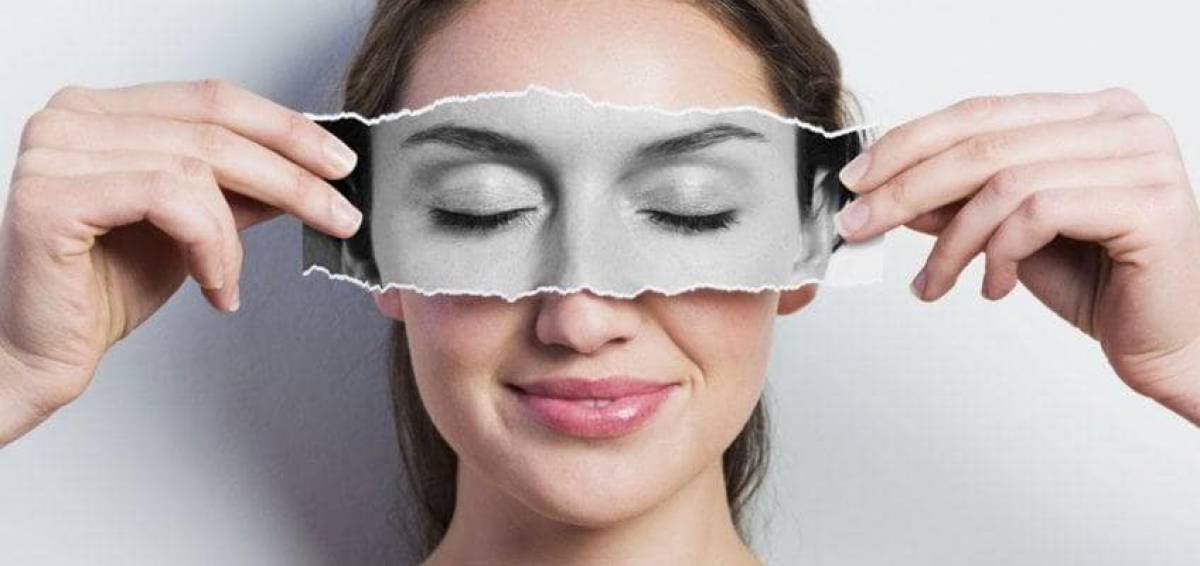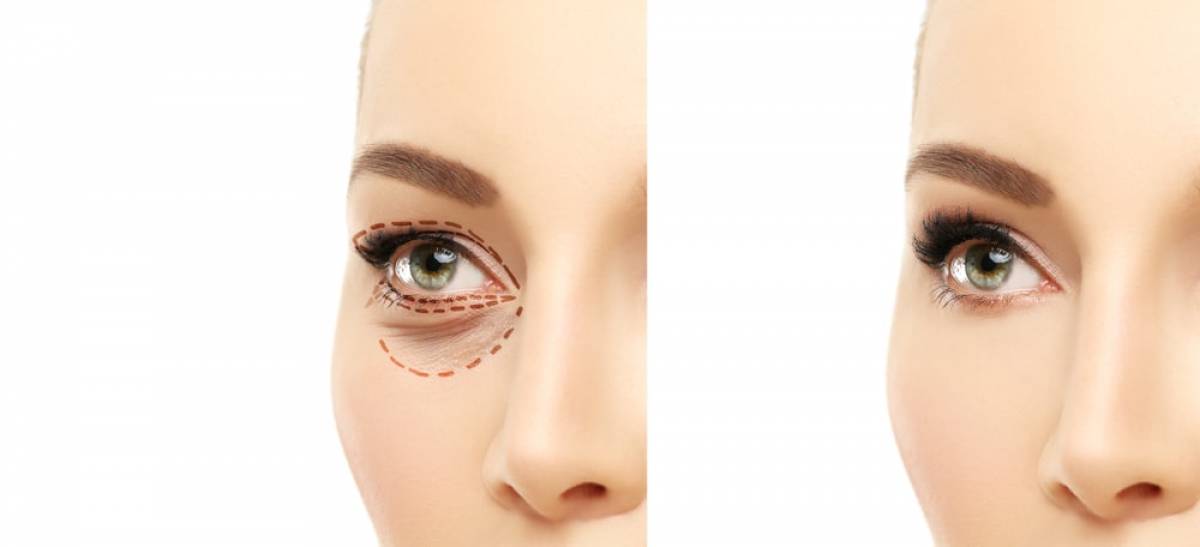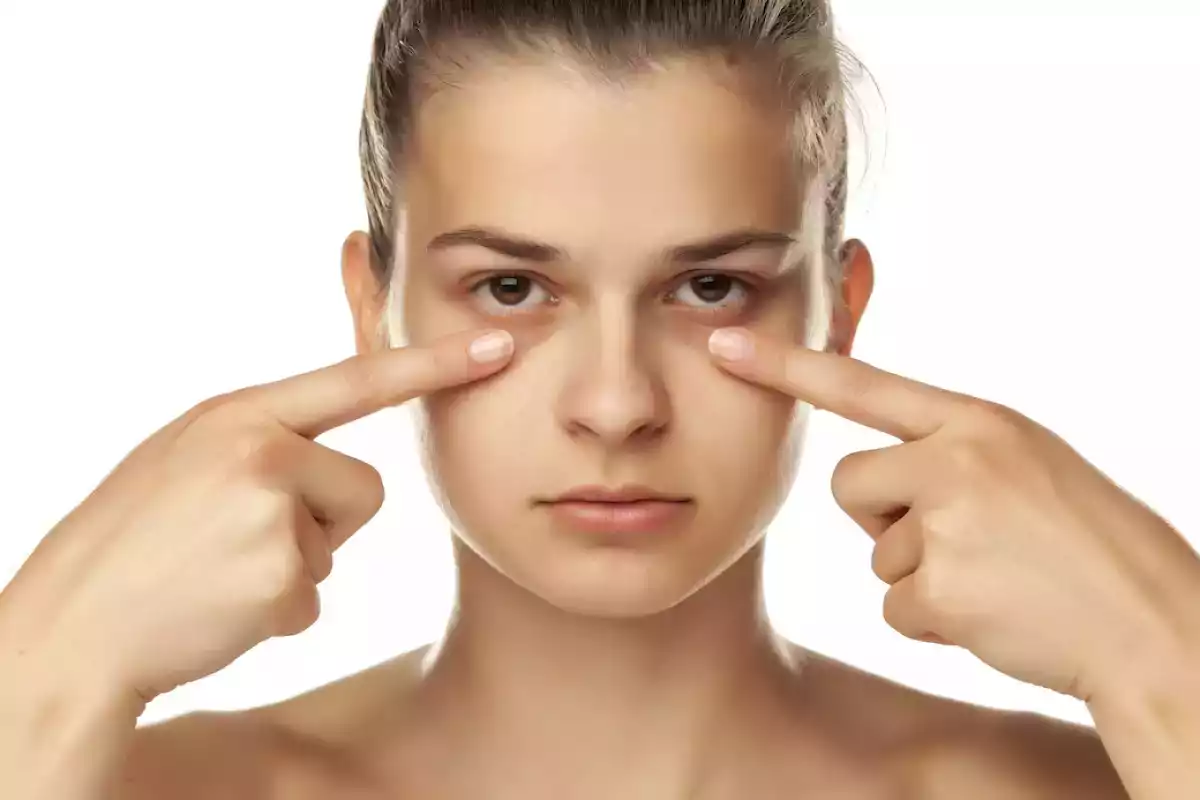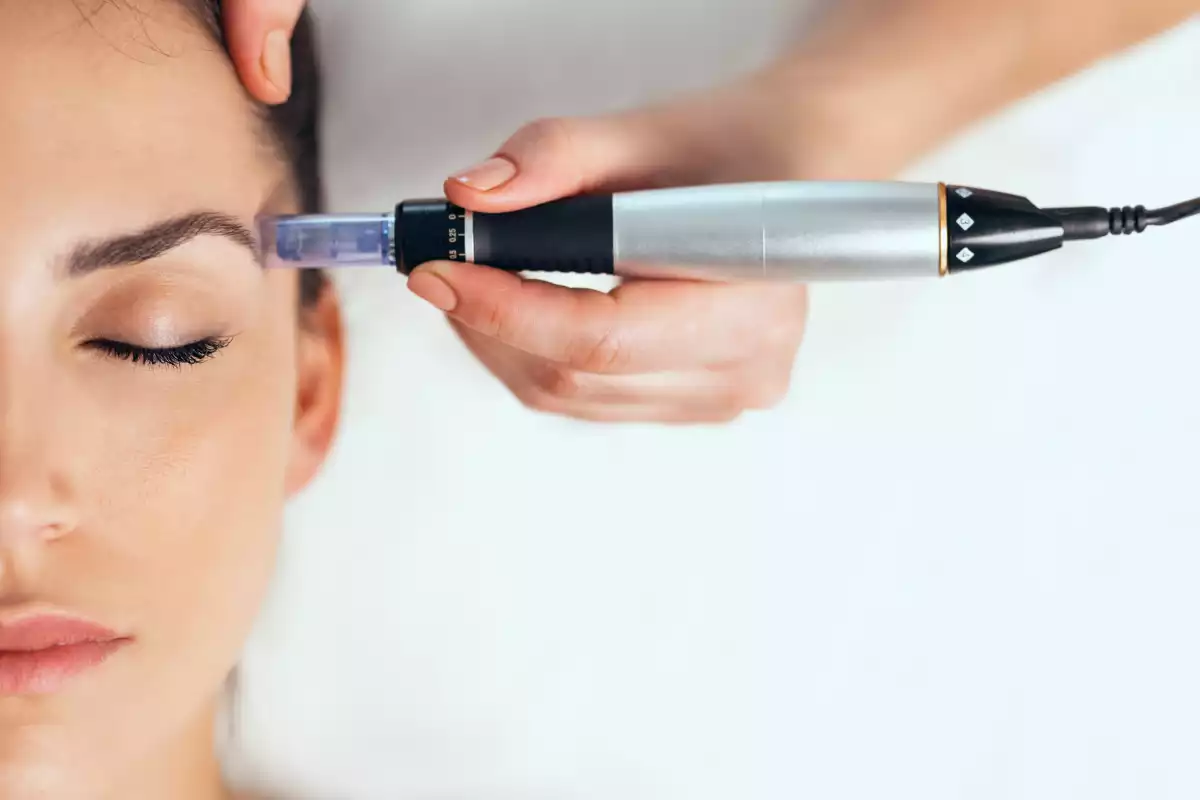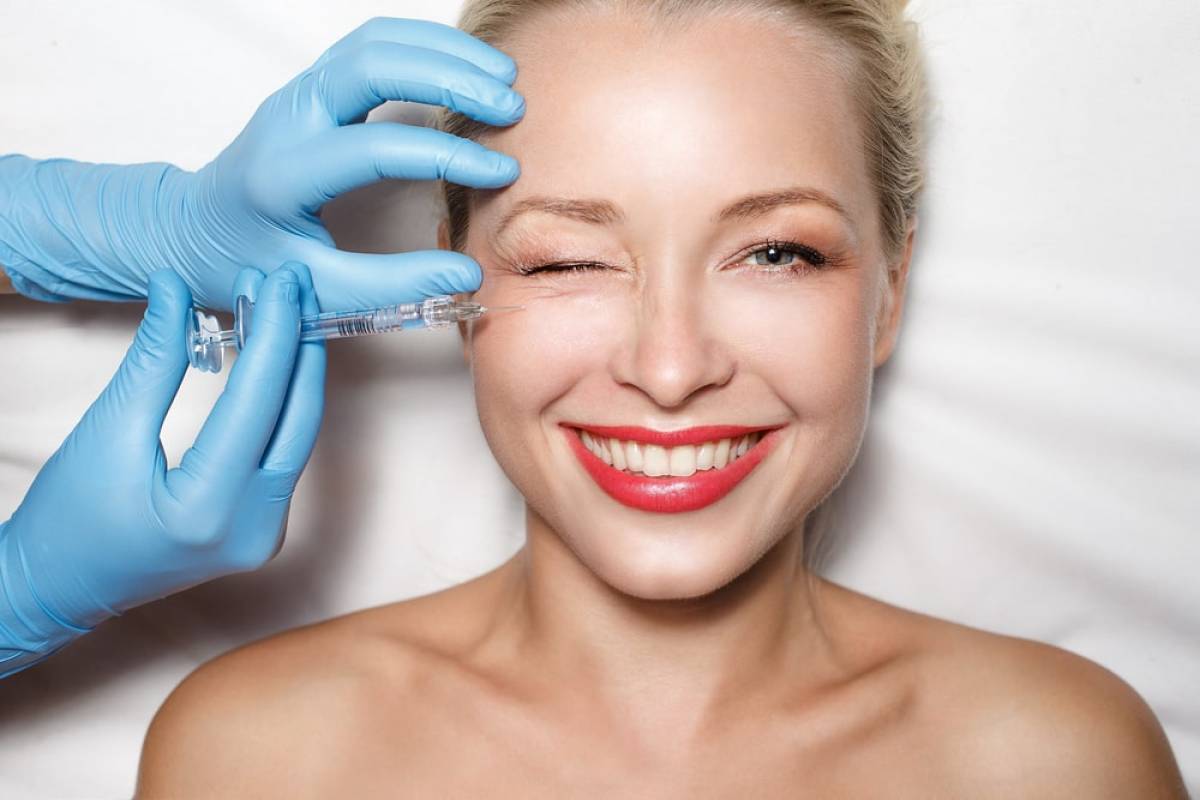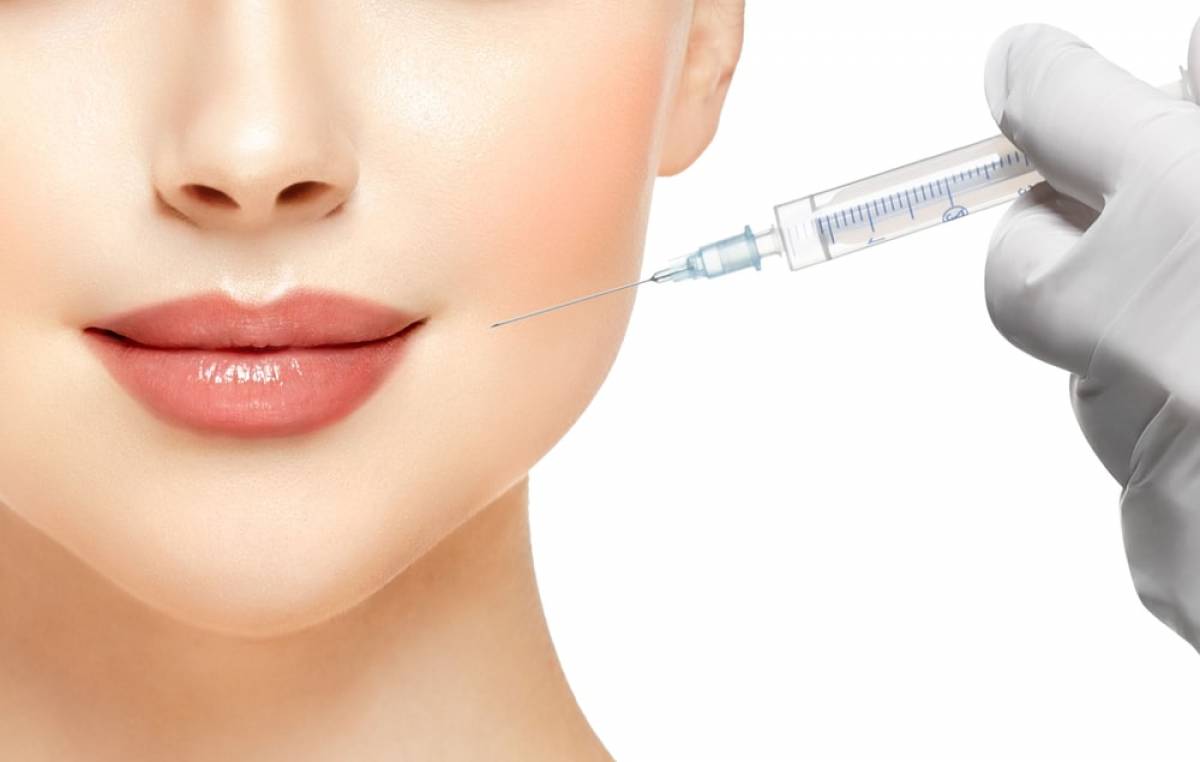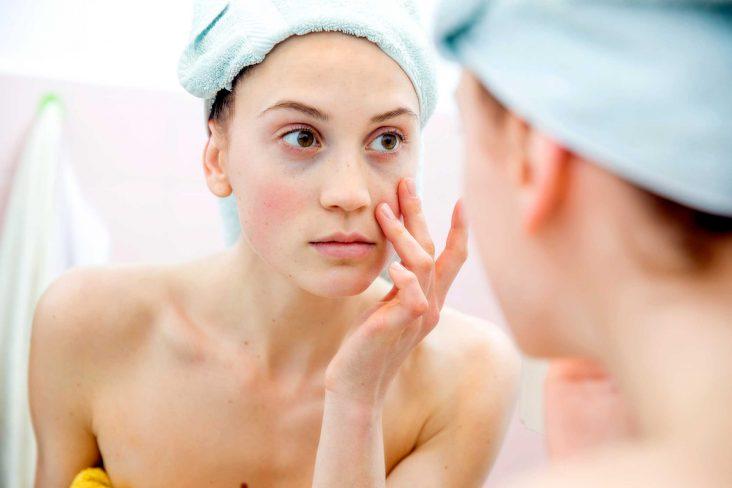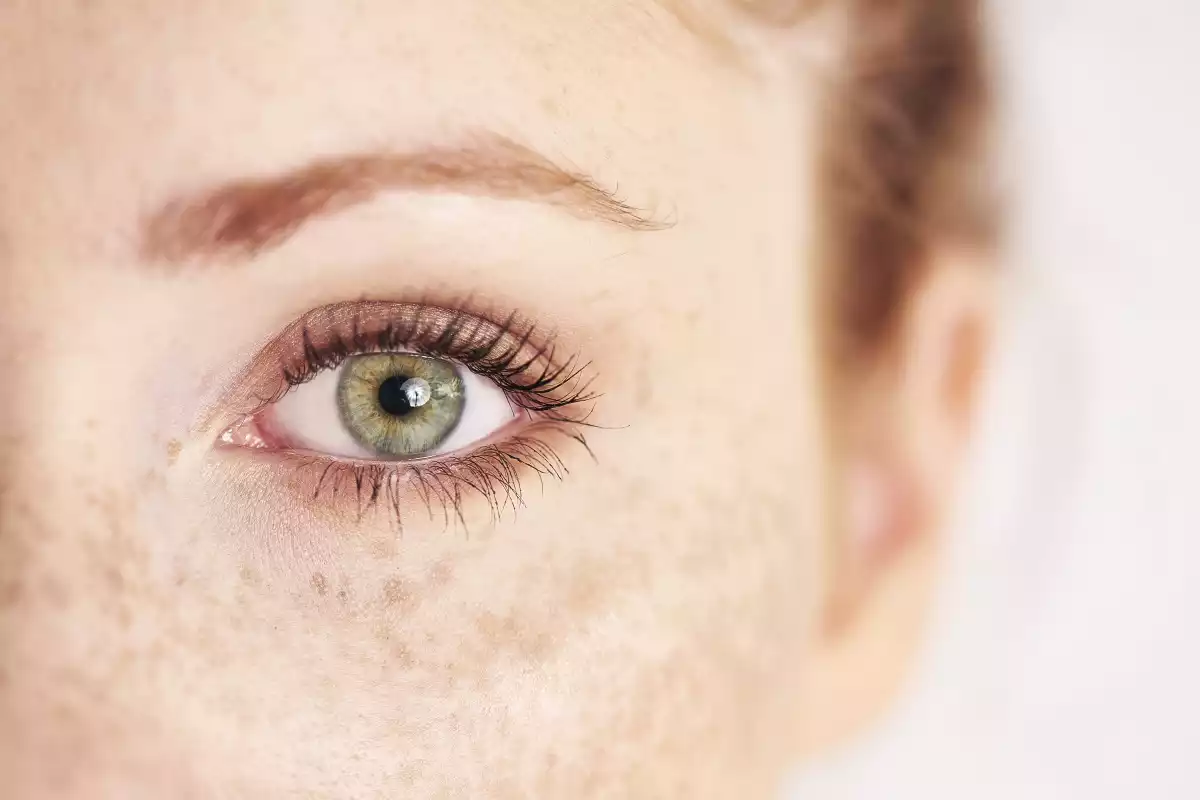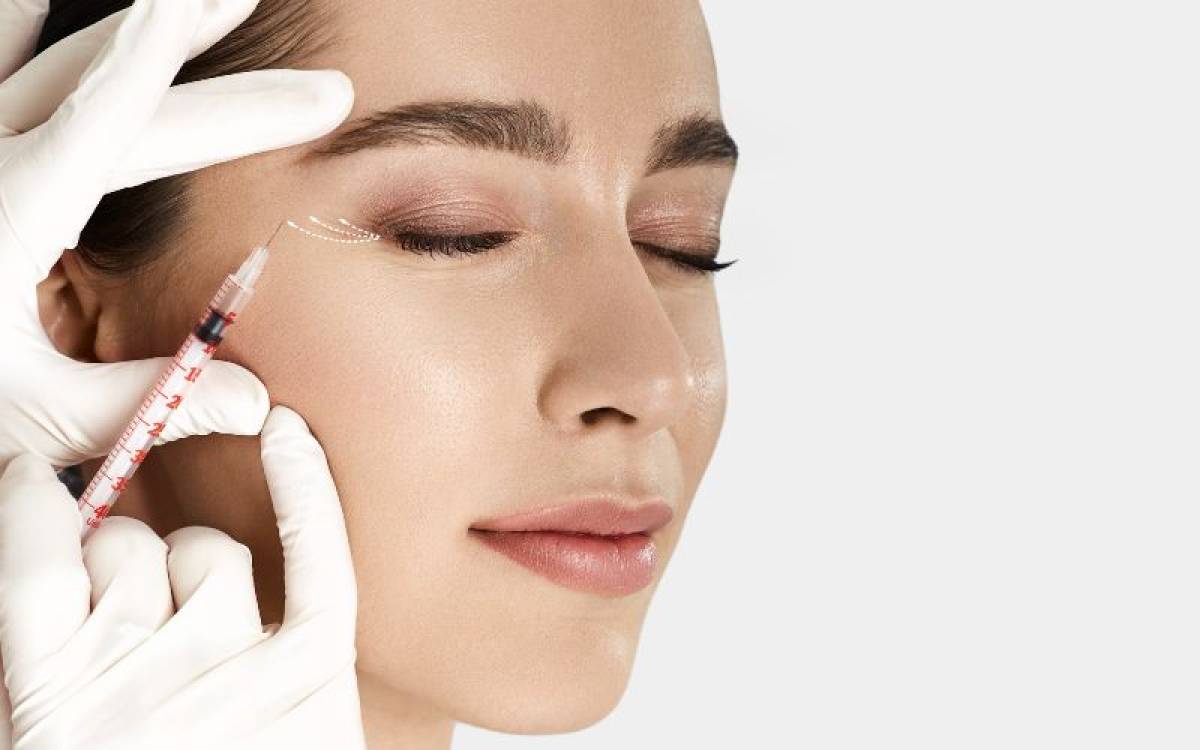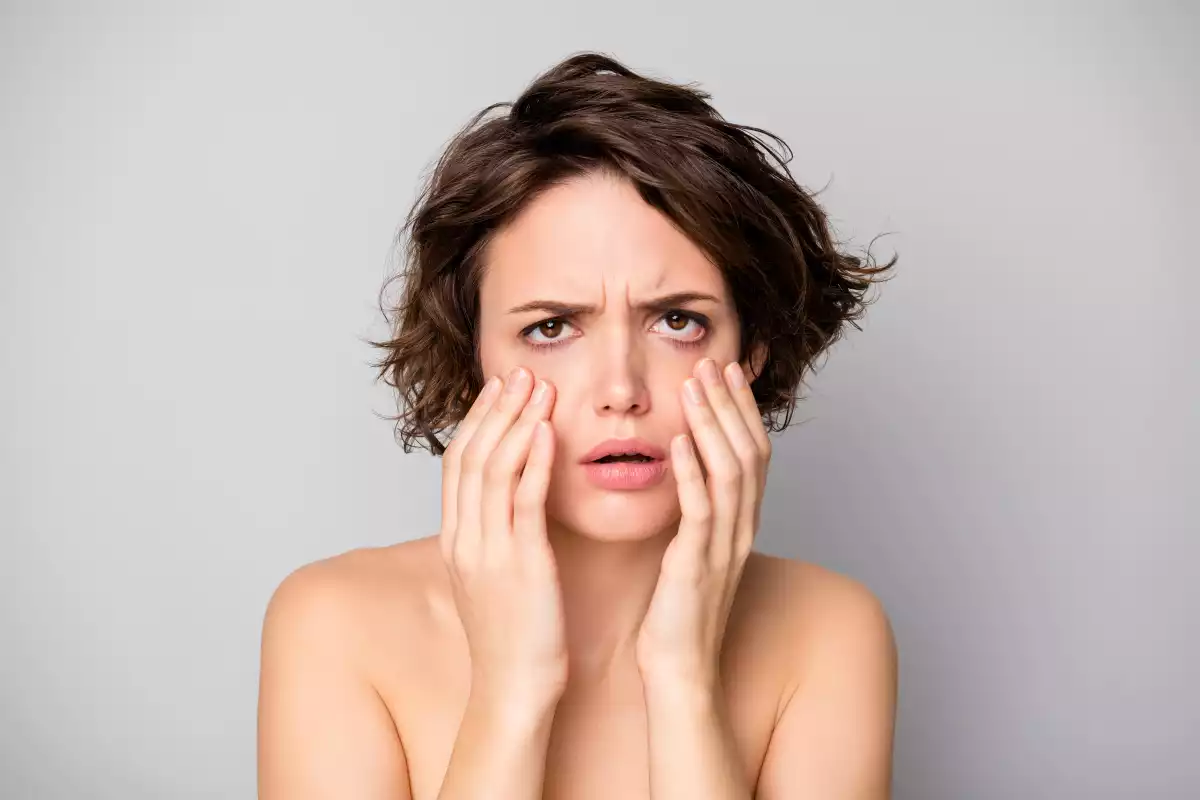Read also...

Dark Circles
Dark Circles under the Eyes
The dark circles under the eyes "talk" about our life, often testifying to our bad habits, such as the night before, smoking, bad use of cosmetics, as well as endless hours in front of the computer. However, many times dark circles also indicate pathological conditions, such as allergies or hormonal disorders.
Dark circles under the eyes are one of the most common symptoms that does not discriminate in gender, age and origin.
The good news is that if we can identify what's causing the dark circles under our eyes, we can lighten them up.
What are the Dark Circles?
Dark circles are areas that appear "darker" in the area of skin under the eyes. Sometimes dark circles are just shadows created by puffy eyelids or the hollows under the eyes.
Dark circles can also have a blue, purple or brown tint depending on the skin type.
Let's also not forget the anatomy of the eye and the fragile skin that exists in the area. The skin under the eyelids is one of the most delicate and sensitive areas of the body and should be treated as such.
Dark circles under the eyes add tiredness and years to our image. For this reason they are mainly an aesthetic reason for concern.
Who do the Dark Circles affect?
Who do the Dark Circles affect?
Everyone! Dark circles under the eyes are a very common symptom that affects people of all ages and skin types. Dark circles usually appear in certain groups of people such as:
- The elderly
- People with a family history of dark circles
- People with dark skin
Dark Circles & Causes
Dark Circles & Causes
The causes behind dark circles under the eyes are many. Dark circles are very often a result of the natural aging process, where the skin loses collagen and volume, thins, causing the skin's blood vessels to become more visible.
Other common causes of dark circles are:
- The exhaustion.
- Allergies. Seasonal allergies and hay fever contribute to poor circulation in the lower eyelid, making the veins appear more pronounced.
- Heredity, as many people are born with very thin skin in the area and more pigment.
- Rubbing in the eye area.
- Exposure to the sun's radiation, which leads to the production of more melanin.
- Smoking (even passive) and excessive alcohol consumption.
Less common causes associated with medical conditions are responsible for dark circles under the eyes, such as:
- Anemia (lack of iron in the blood).
- Hypothyroidism
- Hormonal changes during menstruation or menopause.
How to Get Rid of the Dark Circles
A visit to the dermatologist is essential before starting any treatment for dark circles under the eyes.
By knowing the cause of dark circles under the eyes we can make a good start in choosing the treatment that suits us best.
Today dark circles are treated with a range of non-invasive treatments available that offer significant improvement to the problem.
More specifically:
- Topical treatment with creams enriched with vitamin C and whitening agents helps reduce dark circles under the eyes.
- Light peeling can help reduce under-eye pigmentation over time. Deep peeling is not recommended in this area, as it may worsen the condition.
- Carboxytherapy, where carbon dioxide is channeled under the tissues, deeply rejuvenates the skin. This also improves dark circles.
- Laser treatments that boost collagen production in the area. However, they should be applied by a specially trained doctor, as the area around the eyes is very sensitive and easy to cause damage.
- Laser treatments that boost collagen production in the area. However, they should be applied by a specially trained doctor, as the area around the eyes is very sensitive and easy to cause damage.
Also in our clinic we recommend and carry out:
- The Bright Eyes treatment, a combination of peeling and mesotherapy based on a specific time plan, which acts superficially and in depth, treating dark circles.
- The comprehensive Eyecon Therapy treatment, whose process follows the same philosophy. Dark circles are treated in the same way as other problems in the area, such as wrinkles under the eyes (crow's feet), freckles and small imperfections on the skin.
Dark Circles Prevention
Dark Circles Prevention
Preventing the appearance of dark circles under the eyes is not always possible. But we can, with some changes in our daily lifestyle, help our skin to defend itself.
We can for example:
- We systematically and correctly use sun protection on the face and especially around the eyes. The sun's ultraviolet radiation is responsible for skin aging and the appearance of dark circles. Plus we don't forget the sunglasses!
- We treat allergies and sinus congestion to prevent dark circles from perpetuating.
- We have a sleep schedule of at least seven hours to ensure rest.
- We try to manage our stress in healthy ways, which will benefit our daily lives and our overall mental health.
- We reduce alcohol, because it in turn causes reduced circulation and dark circles.
- We cut out smoking and the use of tobacco which accelerates the aging of the skin and helps the appearance of dark circles.
- We don't rub our eyes because it can cause hyperpigmentation (dark skin).
- We take care of the eye area carefully with gentle movements when applying various cosmetics and removing make-up.
5 Myths & 5 Truths about Dark Circles
5 Myths & 5 Truths about Dark Circles
Dark circles under the eyes are accompanied by several myths. Below are some of them and the reality.
Myth 1
Home remedies and creams can treat the problem of dark circles.
Truth
Dark circles can be improved with "grandmother's" recipes and various creams which, however, do not offer a comprehensive treatment and a definitive, permanent result.
Myth 2
Dark circles are most often treated with good sleep.
Truth
In the same vein as the answer above, good sleep can go some way to treating dark circles under the eyes, but it is not a cure.
Myth 3
By avoiding excess salt in my diet, the dark circles are cured.
Truth
Salt is responsible for fluid retention which worsens the appearance of dark circles but is not related to the main cause that causes them.
Myth 4
"Shadows", dark circles under the eyes, are normal.
Truth
Lack of sleep makes the skin pale, making the blood vessels under the skin more visible. Dark circles are also caused by iron deficiency.
Myth 5
Dark circles are not treated.
Truth
The reality is that there are many causes behind dark circles under the eyes. But there are also many options for dealing with them, which in many cases is easier and in others more difficult.
Tips
Until any treatment works, dark circles under the eyes can be made less noticeable temporarily by following the following useful tips:
- We use more (1 or 2) pillows when sleeping to avoid swelling in the eye area.
- Cold compresses and cold in general help shrink dilated blood vessels, reducing puffiness and dark circles under the eyes.
- Although our digital age almost forces it, we try to avoid spending long hours on the computer, tablet or mobile phone, protecting our eyes from strain, which can cause dilation of blood vessels and dark circles.
Dark Circles & Makeup
Dark Circles & Makeup
Be careful with makeup products and their application. There are products that can cause allergic reactions and those in turn cause dark circles and swelling. Dark circles can be covered with the right concealer, while it's good to avoid patterns and shades that "smudge" as they can make them appear more intense.
Exaggerations here too can have opposite effects than desired.
Frequent Questions
Are dark circles permanent?
Are dark circles permanent?
It is more likely that dark circles will become more pronounced over time as the skin loses its elasticity.
Why shouldn't I rub my eyes with my hands?
Because the area is very sensitive and rubbing can break the fine blood vessels and cause pigmentation.
Why does my child have dark circles under his eyes too?
Why does my child have dark circles under his eyes too?
Dark circles appear in babies and children for the same reasons as in adults, such as after rubbing the eyes, from a virus, from fatigue, or they may have genetic causes. They often appear after a cold. However, the competent person to assess the situation and advise you is the pediatrician.
Can Depression Cause Dark Circles?
Can Depression Cause Dark Circles?
Depression is associated with insomnia and sleep problems in general, which lead to fatigue, which in turn leads to the creation of dark circles.
Can dark circles under the eyes be caused by drugs?
Can dark circles under the eyes be caused by drugs?
Drugs that dilate blood vessels, increasing blood flow to the area, are responsible for dark circles. Consult your doctor about this.


